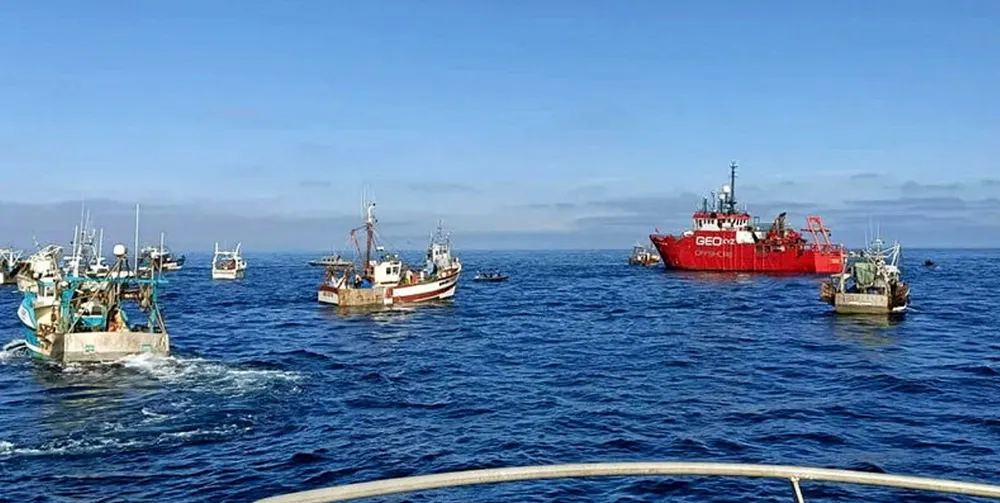French fishermen vow to take direct action to prevent construction of Saint-Brieuc offshore wind farm
The 496MW project is due to begin construction in the spring, but local fishermen say they would rather than die than allow it to go ahead

The 496MW project is due to begin construction in the spring, but local fishermen say they would rather than die than allow it to go ahead
